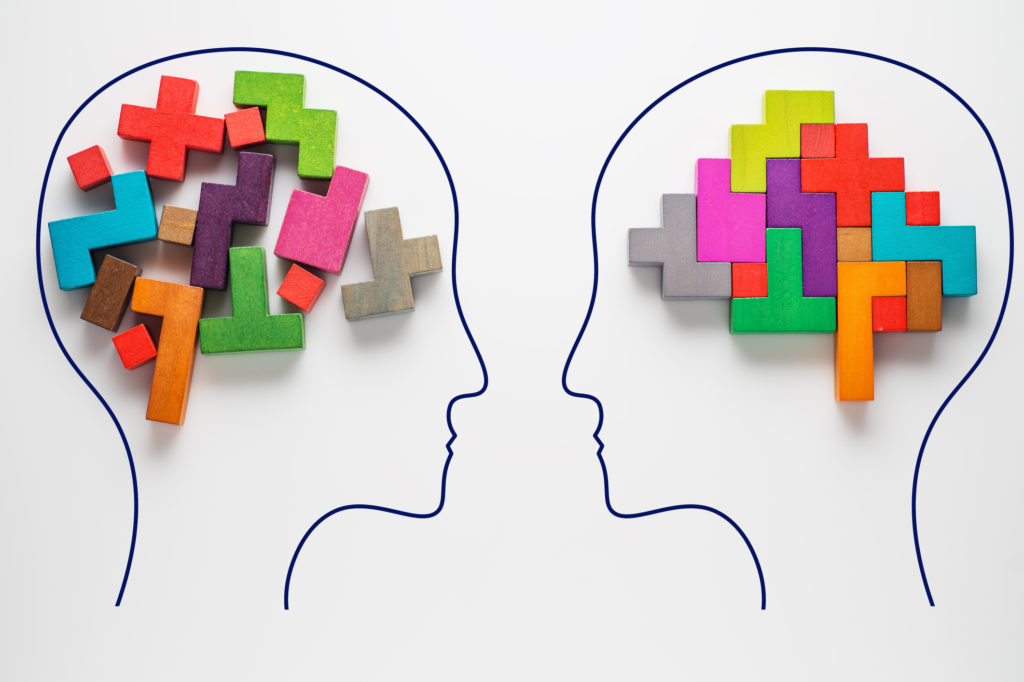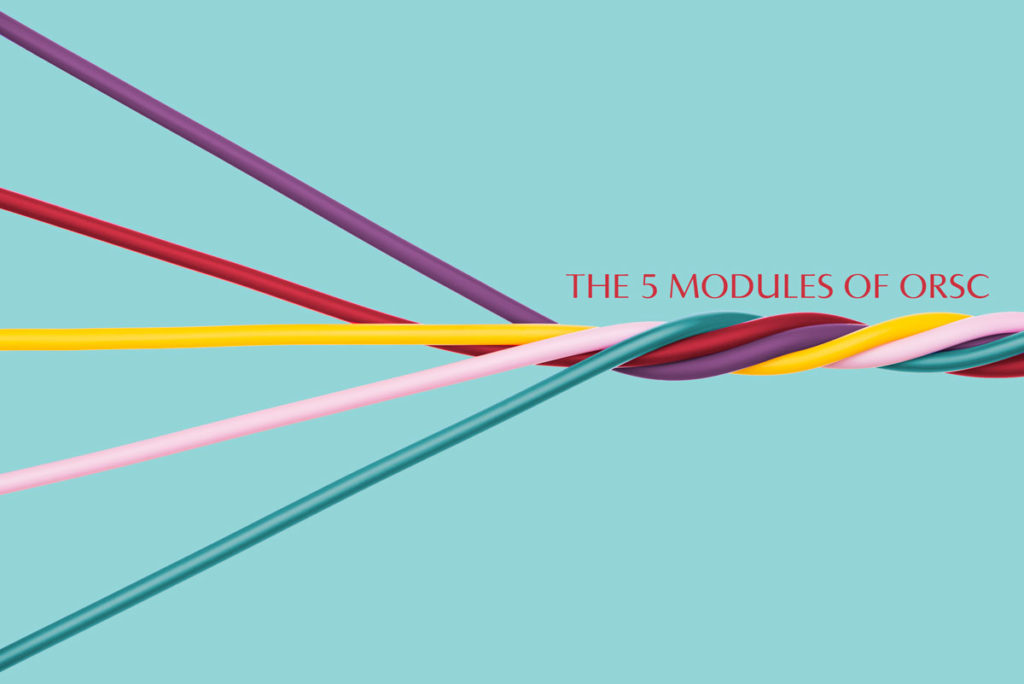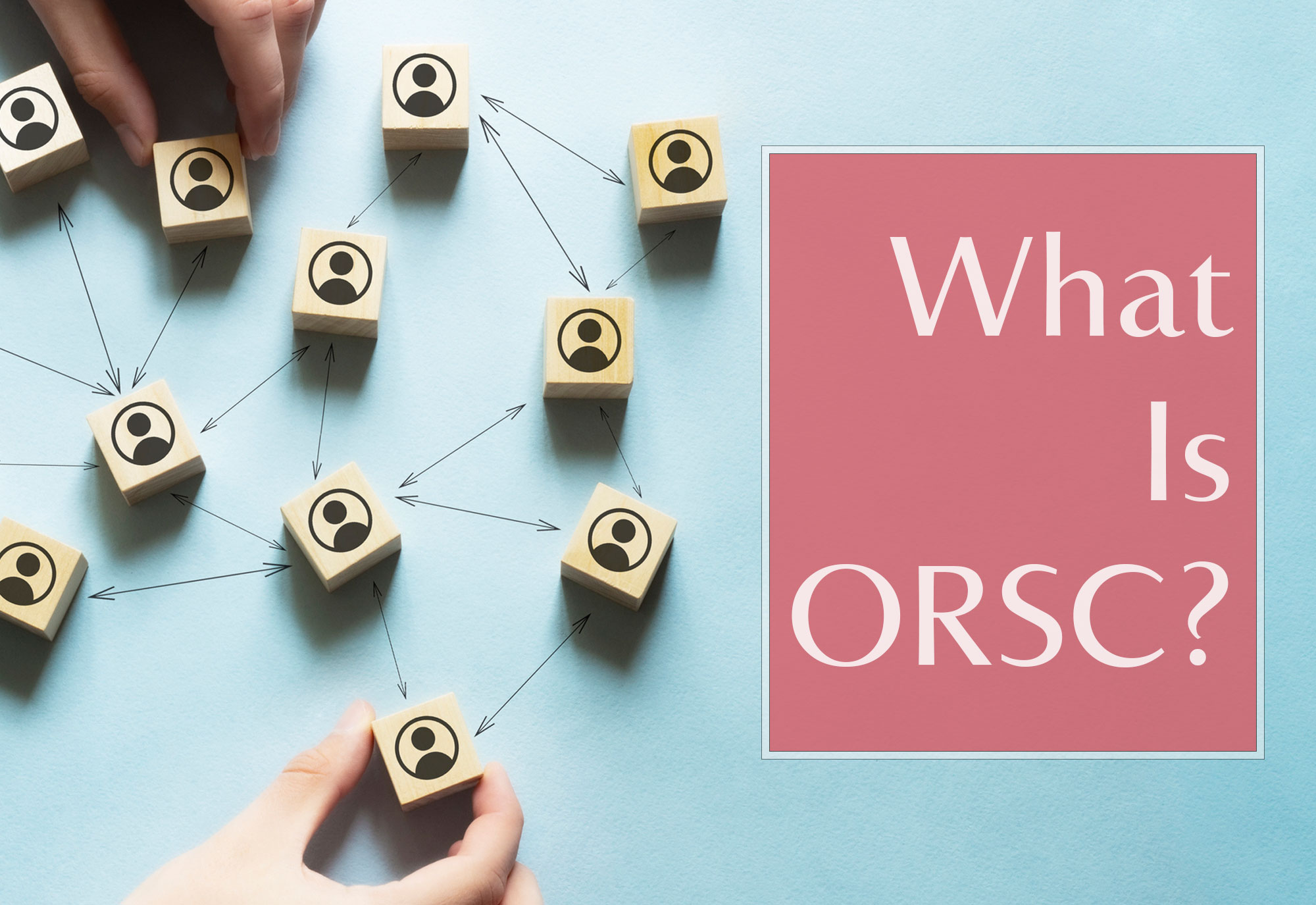What is Organisation & Relationship Systems Coaching?
Have you heard the term from a colleague, friend, or family member? Maybe you’ve seen ORSC mentioned online, and wanted to learn a bit more about it? Either way, if you’re still wondering “What exactly is ORSC?”, then you’ve come to the right place. In this article, we will be answering this question in plain and simple terms, with minimal ORSC coach jargon (well… we’ll try our best, we promise!)
Organisation and Relationship Systems Coaching, or ORSC, is a revolutionary coaching methodology that centres around relationships. More clearly, instead of focussing on the individuals, it looks at the resulting relationship.
The ORSC methodology is delivered as a 5-module curriculum to enable coaches, leaders, CEOs, team members (and anyone!) to work more effectively with relationship systems.
What is a Relationship System?
The key thing to remember is that no one is totally isolated from being a part of a relationship system. A relationship system can be any group of people who are interdependent on each other. There is always something that ties a system together: maybe a goal, a purpose, a need, or an identity.
Examples of relationship systems include, but are not limited to:
- Work colleagues
- A sports team
- A romantic couple
- A family unit
- The wider community
- A government
- A country
- A continent
- The world
- The universe (…if we ever come into contact with aliens)
The web of a relationship system can vary hugely in complexity and size.
What Does It Do and How?

Now that we have a clearer understanding of what a relationship system is, let’s look at the impact of using ORSC within them.
The ORSC curriculum is packed full of tools and skills. These will help you (the ORSC practitioner) guide a system towards prioritising relationships and becoming more self-aware. It’s been proven that organisations that incorporate ORSC into their ethos could see significant improvement in their revenue, staff turnover, productivity, and other company goals.
ORSC tools are designed to help identify a system’s strengths and obstacles, as well as its potential for growth. This process of developing a system’s self-awareness is what we call “revealing a system to itself”.
ORSC practitioners follow a set of key principles:
- Each relationship system has its own unique identity or “personality”.
- Every member of the relationship system (team or partnership) is a Voice of the System.
- Relationship systems are naturally intelligent, generative and creative.
- Relationship systems rely on roles for their organization and execution of functions. Roles belong to the system, not to the individuals that inhabit the system.
- Relationship systems are in a constant state of emergence.
ORSC and You

After learning about ORSC and its impact on systems, there is still one important question: “How can I incorporate ORSC into my life?” The answer to that is very simple: by taking one or more of the five consecutive ORSC modules, of course!
The ORSC Modules
Introductory course:
Module 1: Fundamentals or ORS@Work – an introduction to ORSC
Your ORSC experience will start with one of the two introductory courses.
ORSC Series:
Module 2: Intelligence – navigating change
Module 3: Geography – diversity integration and roles
Module 4: Path – creating a shared vision and a plan to achieve this
Module 5: Systems Integration – working towards mastery
The above four modules need to be taken in consecutive order, as each one builds on the content explored in the one before. After all five modules are completed, participants can choose to continue with ORSC Certification.
Whether you are a leader who is looking to improve the dynamics of your team, a team member wanting to develop your emotional intelligence, or a professional coach who works with teams or families, ORSC will provide you with the knowledge and means to be able to do so.






